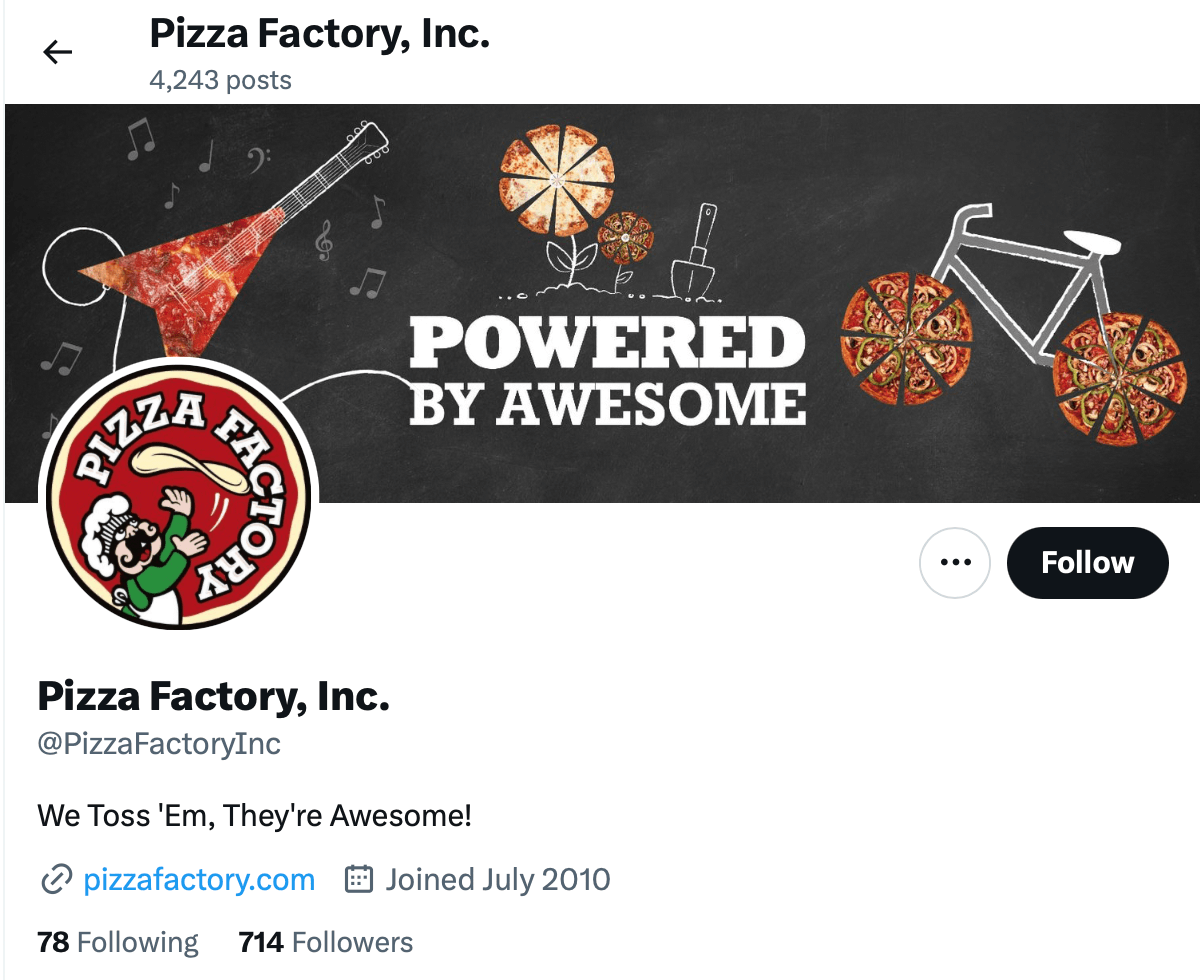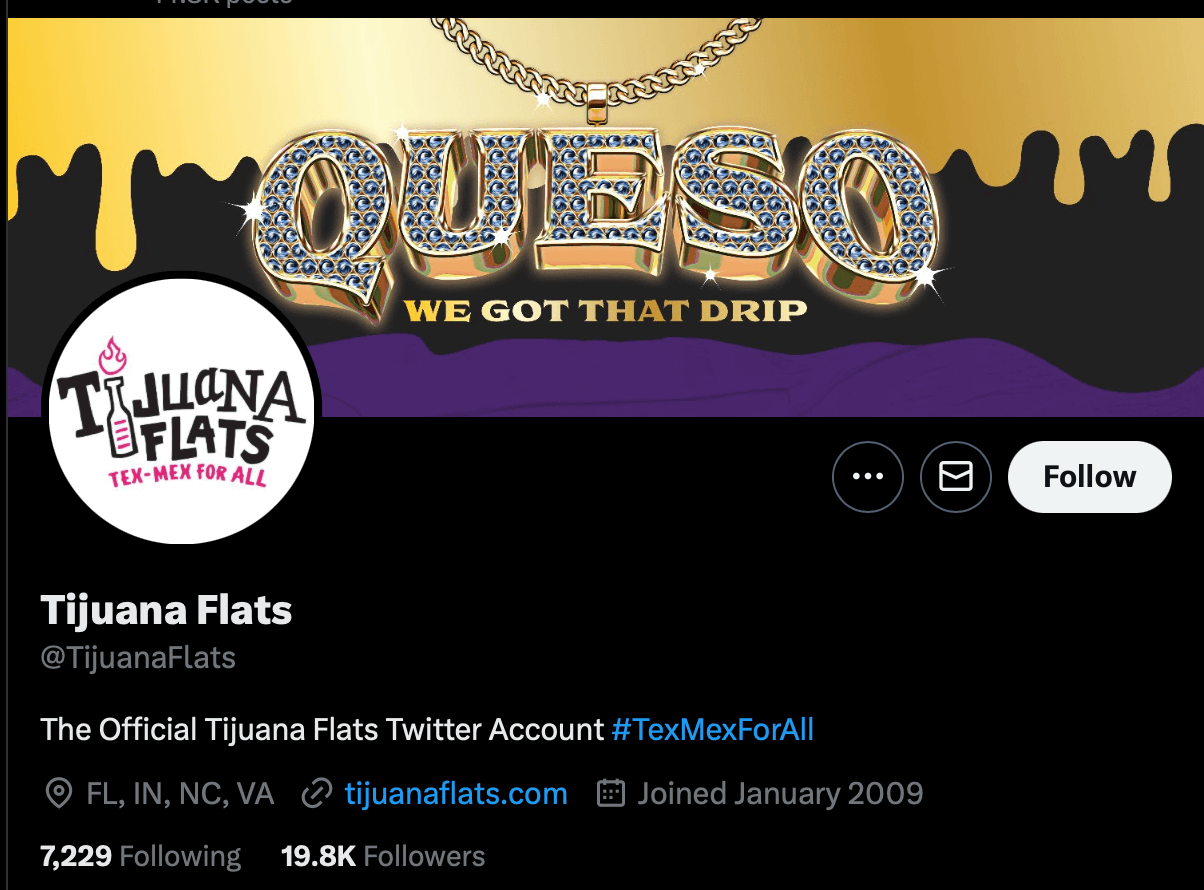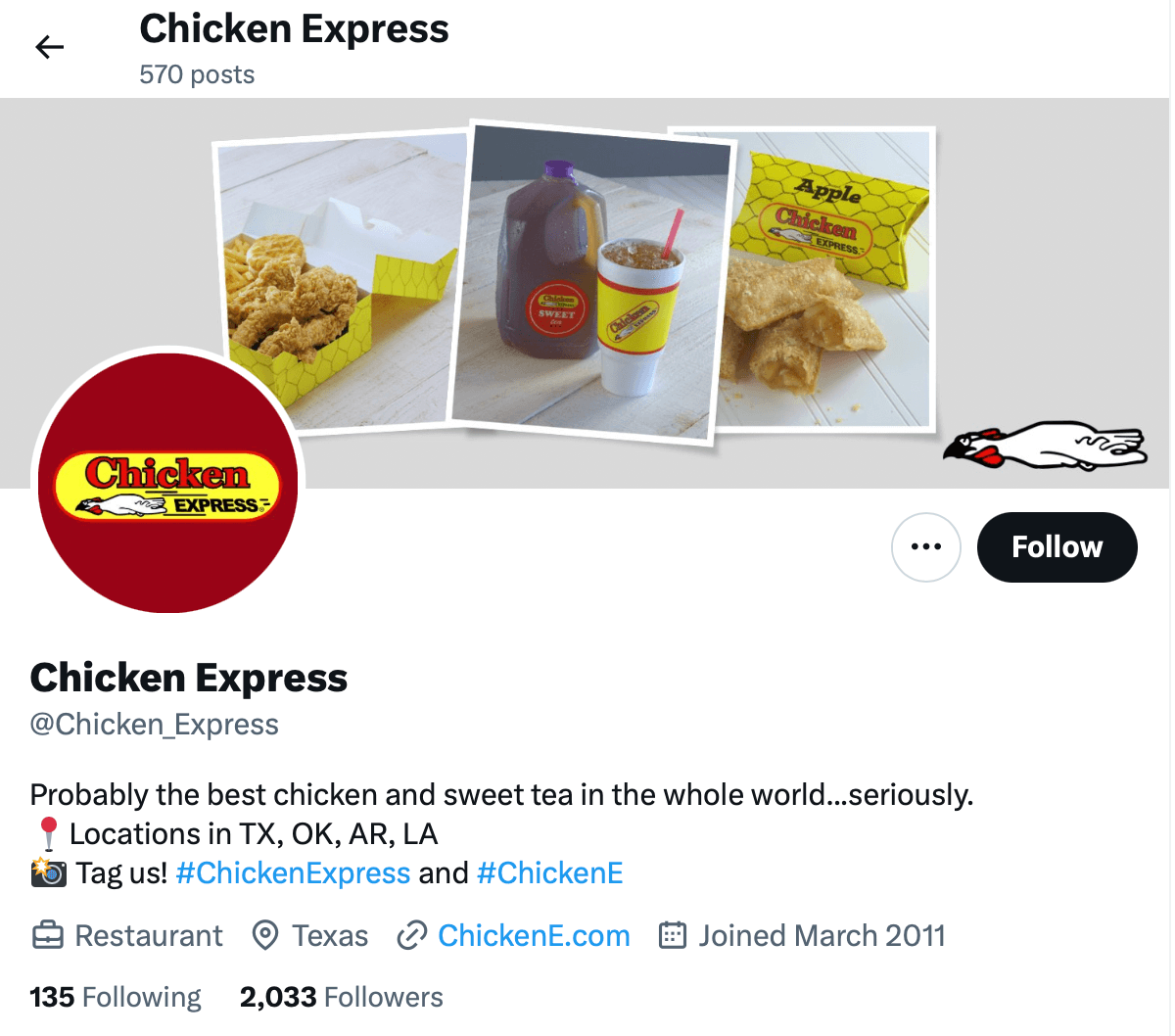The Environmental Working Group released a study on the carbon footprint of 20 different foods’ life cycles, including energy used and methane gas produced. Everything from lamb to turkey was included. Emissions were classified as those created during food production and those created post-farm, ( processing, retail, cooking, transportation, storage and disposal).
Food Truck Carbon Footprint Menu Tips
The results of this study were a somewhat surprising. The meat with the smallest carbon footprint was canned tuna. The meat with the biggest was lamb, then beef, then cheese, which created more overall emissions than pork. Lentils had the greenest carbon footprint, with tomatoes running a close second and 2 percent milk third-to-greenest.
The study digs deep which provided even more surprises. Forty-four percent of farmed salmon is thrown away. This is why it has a high carbon footprint. Five percent of meat is thrown out by retailers. Composting meat at home doesn’t significantly reduce its carbon footprint. Less dense cheeses like cottage cheese have less impact because they require less milk.
There are even more micro details, and if you want to read the results, go here.
Take Away From Study
Meatless Monday is good for reducing carbon footprint. A four-person family skipping meat and cheese one day a week is the environmental equivalent of not driving for five weeks. Or skip a single burger each week and that’s like line-drying your laundry half the time, or driving 320 fewer miles.
Almost as important as doing without was the way you can shop. Buying only what you need prevents loss to “plate waste” and spoilage. So if turkey lunch meat, pork chops, or even peanut butter and yogurt, just sit in the fridge or cabinet until they spoil, you and the environment are better off leaving them with the retailer.
RELATED: Here’s Why Your Food Truck Should Participate In Meatless Monday
The Bottom Line
Mobile Cuisine strives to share various aspects to the benefits of joining the Meatless Monday organization for the expansion of this program throughout the mobile food industry. Some of the food truck owners we have spoken with have stated that they are involved because they feel it is important to help their customers maintain a healthy lifestyle, and by adding meatless options to their menus they are able to accomplish this.
For others the reason the join is to do their part to help the environment. For those individuals, their goal to help their food truck become greener is to help the planet by reducing their carbon footprint.
Do your part today and join the movement? Signing up is fast and easy! Follow them on Twitter.




